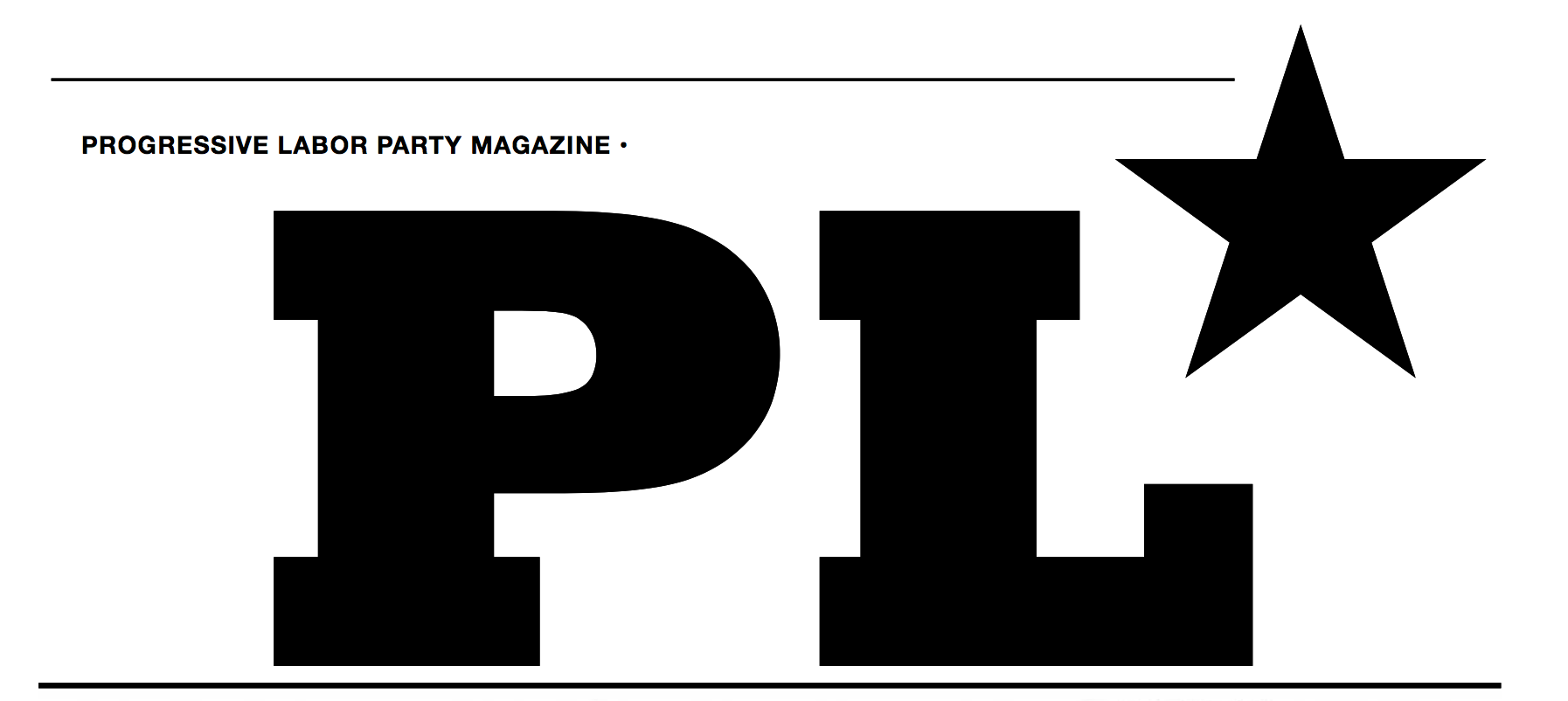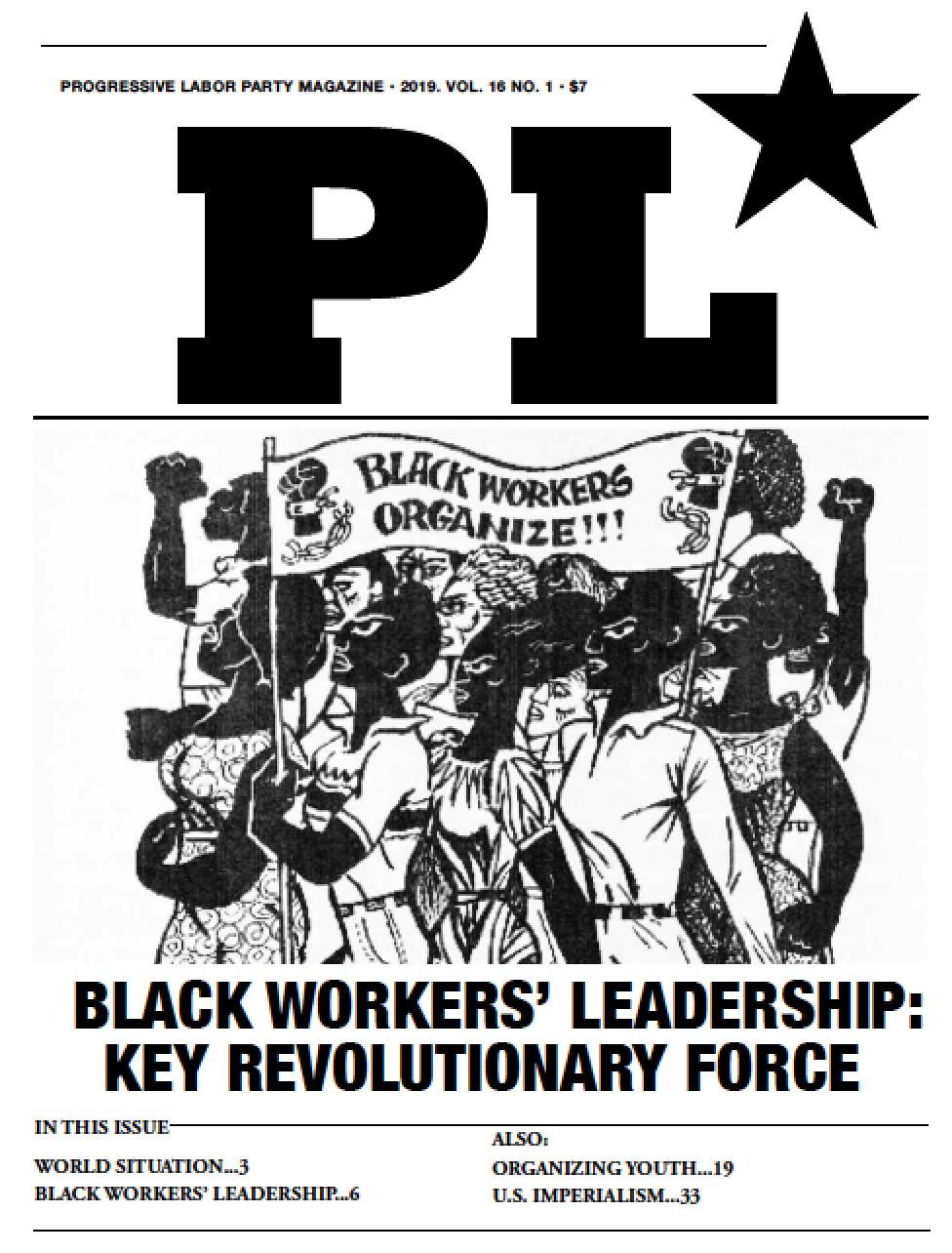Bolshevik Revolution Centennial Series: The Epic Black Sea Revolt
 Friday, November 24, 2017 at 12:29AM
Friday, November 24, 2017 at 12:29AM This is the part of an extensive series about the Bolshevik Revolution and the triumphs, as well as the defeats, of the world communist movement of the 20th century. We welcome your comments and criticisms, and encourage all readers to discuss this period of history with their friends, classmates, co-workers, family, and comrades.
In the pamphlet, The Epic of the Black Sea Revolt (1932), the French Communist André Marty reveals that the “war to end all wars” did not cease after 1917. (André Marty was one of the leaders of the revolt of the French sailors in 1919 and was arrested and sentenced to 20 years in prison. Pardoned in 1923, he became a member of the Communist International, and at his suggestion the Soviet Union supported the Spanish Republic against the fascist forces in the Spanish Civil War 1936-9.)
Capitalist nations around the world and white armies continued to besiege the U.S.S.R. The revolts of French sailors represented one aspect of an immense world-wide movement against the aspirations of many imperialist countries.
Contrary to a popular legend, the “Black Sea Revolt” was not confined to mutinies of the crews on the French warships sent to the Black Sea in 1919. These included rebellions of the French troops stationed in the Southern Ukraine and the Crimea, as well as mutinies of French sailors on ships outside the Black Sea and in French ports.
To every soldier, the armistice of November, 1918, had meant that at last the imperialist war was over! But towards the end of I918, the Allied troops, by virtue of a special clause in the Armistice of November 11, had virtually replaced the German occupation troops in the Ukraine and in the Crimea. On December 18, 1918, the 156th Division dispatched from Salonika disembarked at Odessa. French soldiers there were engaged in severe fighting at the side of Russian White officers against Ukrainian soldiers. The shooting and the cannonade were distinctly heard on board the warships lying in the roadstead ready for battle. The continual skirmishes that followed the landing, and then the departure for a new front opened the eyes of the soldiers, “In France the war has ended, but here we are starting it all over again against a people’s republic!”
At the same time news filtered through to the soldiers and sailors about the powerful rebellions in France from men who had been on leave, from letters and from the new recruits about the workers’ problems there: unemployment and high cost of living, a rising wave of strikes for bread and progress, demonstrations against French PM Clemenceau’s military dictatorship and against the military intervention in Russia.
The French soldiers and sailors saw before them the very soldiers of the Bolshevik Revolution, whose inspiring revolution was rousing the masses of the people in France.
Russian and French Soldiers Unite
On their front, the Russian soldiers were committed to the practice of convincing enemy troops that they had become counter-revolutionaries. They concentrated their efforts on the most decisive factor, the French Army and Navy. These soldiers and sailors learned from the Bolshevik pamphlets—published in French—a remarkable knowledge of the everyday needs and demands of the French on the ships and in their trenches. The men came to realize that the Bolsheviks were actually defending their interests. The Bolsheviks explained what the October Socialist Revolution was, what it stood for, and what it meant for the workers of the whole world. Soon, French soldiers in Odessa protested vehemently when Russian workers were being led to prison.
The occupied zone extended from Tiraspol, in the Ukraine, and skirted the entire coast of the Black Sea. Protests began with the soldiers refusing to march. On January 30, a battalion of the 58th Infantry was marched with the object of seizing Tiraspol. The 58th abandoned the battle and turned protests into action by taking the artillery with them and cutting its telephone communications.
On April 5, Odessa was evacuated. Whole units left the city singing the lnternationale. It became necessary to send the entire French army it back to France.
Marty was arrested on April 16 at Galatz (Rumania), together with three other sailors who had worked out a plan for seizing the ship. That plan was sabotaged later.
Soldiers, Sailors Rebel
A revolt broke out on board the dreadnought (type of battleship) France. The next day, the crews of the sister ships, the France and the Jean-Bart—the latter the flagship of the Admiral—gathered on deck singing the Internationale, and hoisted the red flag on the bowsprit. Almost at the moment when the red flag was hoisted on the main mast of the France, the troops which had been landed from the ships left the forts and made their way to the shore. When they arrived at the quay, the sailors singing “Down with the tyrants and the war!” flung their ammunition boxes into the sea. In the days that followed they forced the squadron to depart from Sevastopol.
Demonstrations of sailors and soldiers took place in the city of Toulon. The crew of the dreadnought Provence, the flagship of the First Admiral, refused to set sail for the Black Sea. The demands were: “Liberation of all the mutineers of the Black Sea, cessation, of the war of intervention in Russia, immediate demobilization.” The government could not stem this fast movement except by a mass demobilization, by hastening to disarm many warships, and by recalling from Russia all the ships and the forces of intervention.
One fact is beyond dispute. As a result of the Black Sea Revolt, French imperialism was compelled to relinquish its stranglehold on the October Revolution. Then the masses of sailors, soldiers and workers rose in France—not only against the criminal designs of the French imperialists, but also against the official Social-Democratic leaders who had prostituted themselves to the bourgeoisie since 1914: the “ Right” Socialists, the “ Centre “, and the “Lefts” of the type of Paul Faure, as well as the trade union traitors.
For the international working class the Black Sea Revolt remains an example of what can be done by the power of the working class to demolish an imperialist state machine.





 Progressive Labor Party (PLP) fights to destroy capitalism and the dictatorship of the capitalist class. We organize workers, soldiers and youth into a revolutionary movement for communism.
Progressive Labor Party (PLP) fights to destroy capitalism and the dictatorship of the capitalist class. We organize workers, soldiers and youth into a revolutionary movement for communism.




Reader Comments